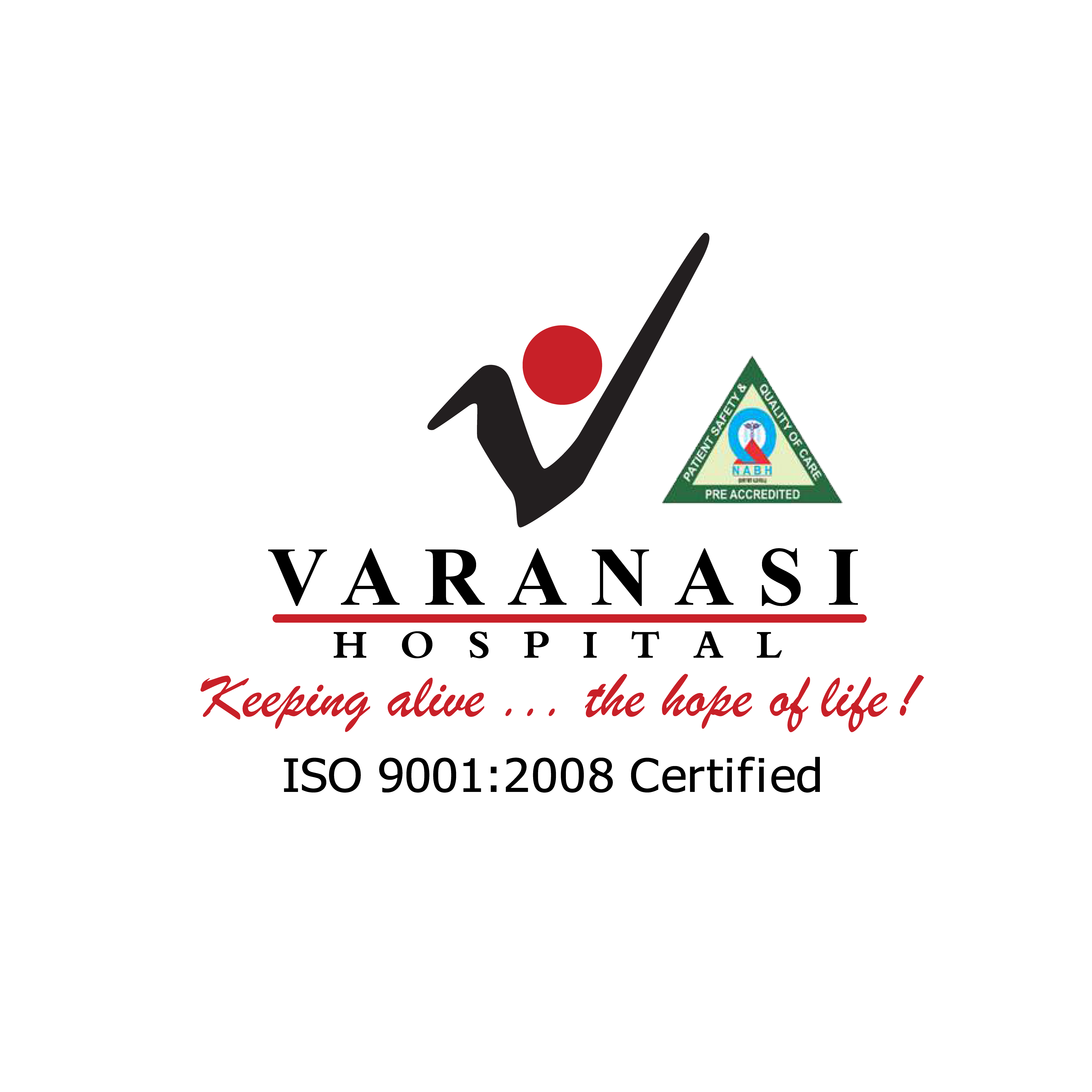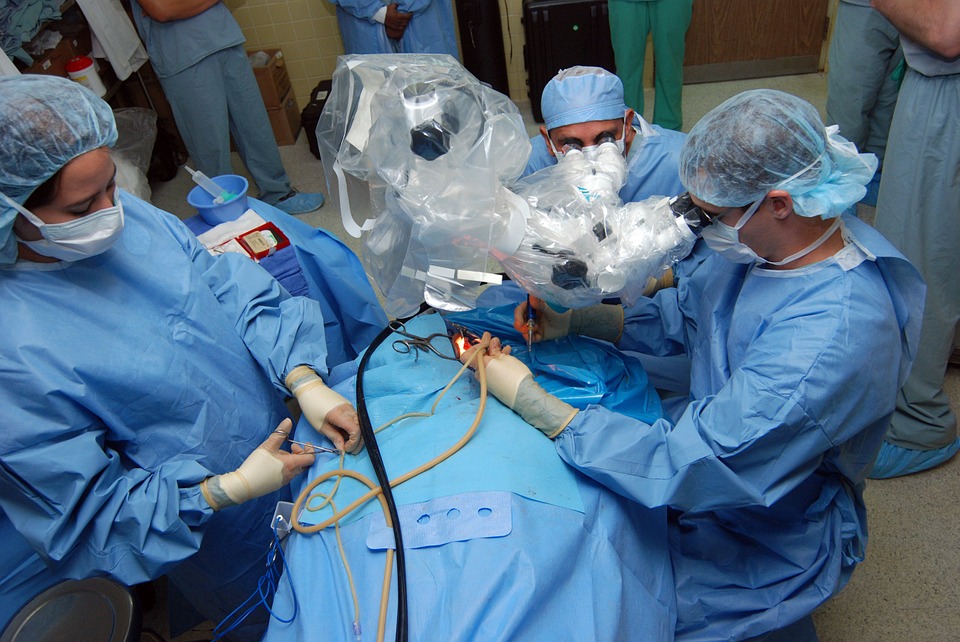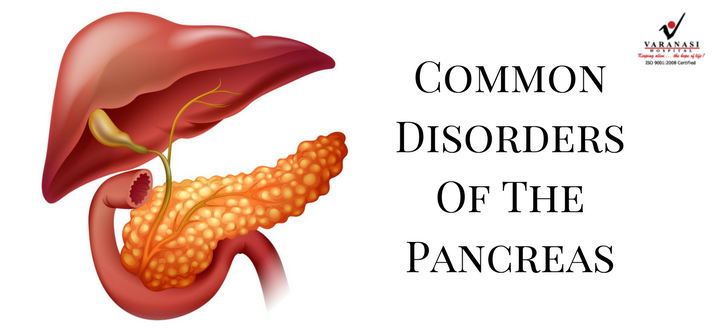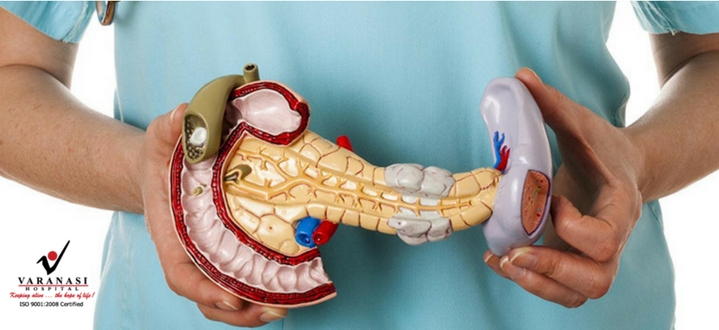Common FAQs On Pancreatic Cancer You Should Check Out
The pancreas is 6 inches long flat pear-shaped gland, lies horizontally behind the lower part of the stomach (between the stomach and the spine). The pancreas releases digestive fluid, which helps in digestion and control blood sugar. Pancreatic cancer occurs when patients have pancreatitis, diabetes, family history of pancreatic cancer or excessive smoking.
Chronic pancreatitis and pancreatic cancer may lead to Pancreatic Surgery. Here are some common FAQs on pancreatic cancer, we listed down-
Where does pancreatic cancer happen?
Pancreatic cancer generally happens in the pancreatic tube, where the pancreatic juice flows. It is also called the carcinoma of the pancreas.
Am I allowed to drink alcohol after being diagnosed with pancreatitis?
Drinking alcohol is an unwise choice for anyone, but any trouble with the digestive system, you need to put a full-stop on alcohol consumption immediately. You should not drink once you have diagnosed with pancreatitis as well. For chronic pancreatitis patients, alcohol consumption is strictly prohibited.
Can Pancreatic cancer be prevented?
Generally, it can’t be preventive always. But if you keep track of it through timely screenings, it can be prevented. There is a chance of reducing the risk of cancer by maintaining a healthy diet, weight loss program, lessening the alcohol consuming and by stop smoking.
Why is pancreatic cancer not diagnosed in the early stage?
Pancreatic cancer often does not show any clear, early symptoms. Most of the cancers, thus, remained unidentified. It shows prominent symptoms when it is already spread over other parts of the body.
Is there any relation with the gene for pancreatic cancer?
It can occur because of the gene. There is a higher chance of pancreatic cancer if you have any family history, also with pancreatic cancer. You can go for a genetic consultation about pancreatic cancer.
Is it possible to get a full recovery from pancreatic cancer?
It might be possible, but only with timely diagnosis and quality treatment.
What will happen if you need to remove pancreas?
You can live without a pancreas. You will be a diabetic patient and you need to take insulin regularly. But it might be required to address severe pancreas conditions.
Should I undergo surgery?
It depends on the condition of the pancreas. You need to discuss with your doctor about Pancreatic Surgery. If your doctor finds it critical then you might need to undergo surgery.
There are a lot of other questions regarding pancreatic cancer. Feel free to ask us in the comment section below and Stay tuned for the next part.






